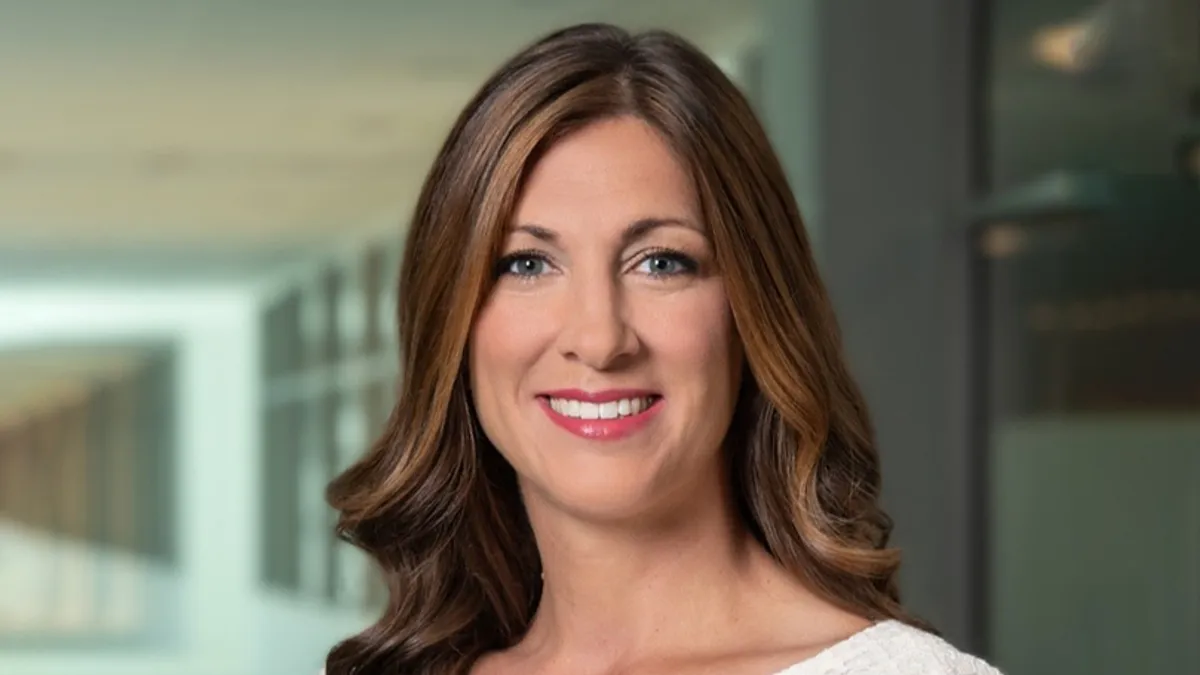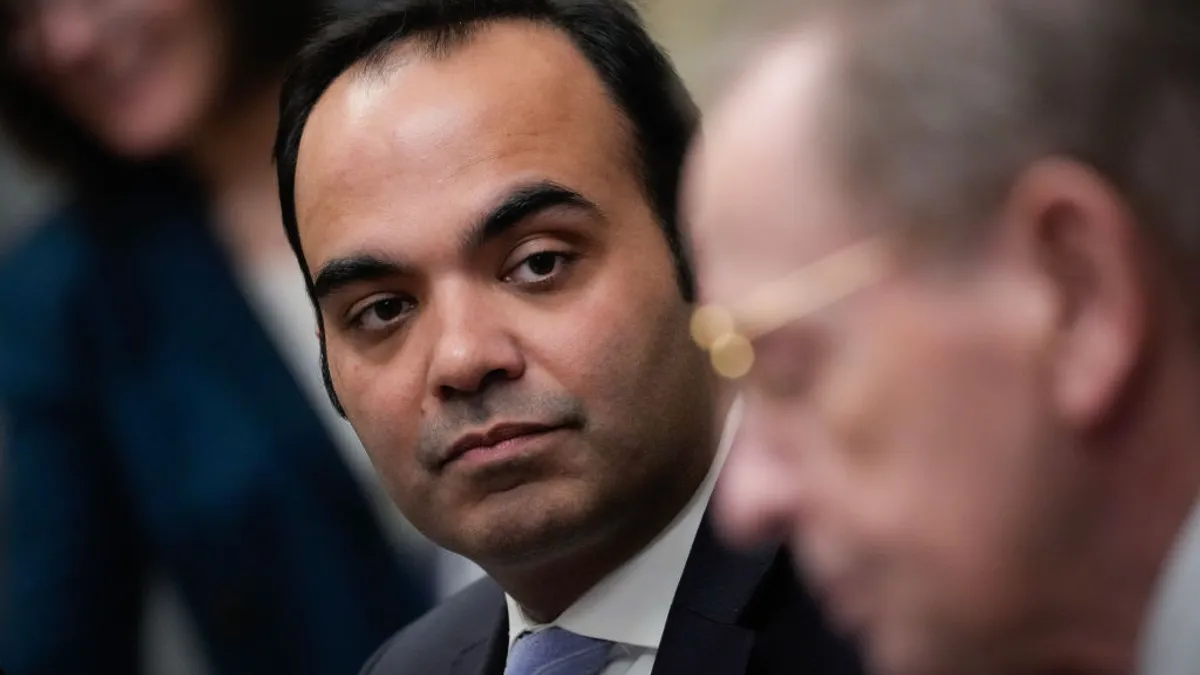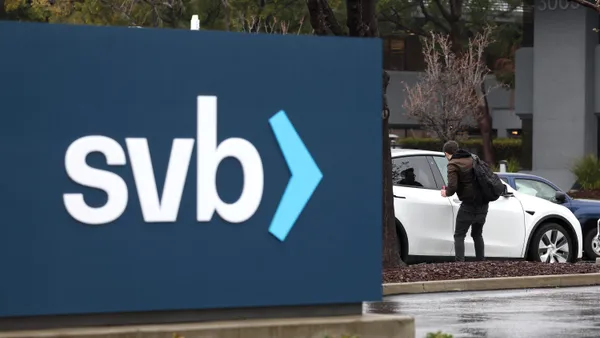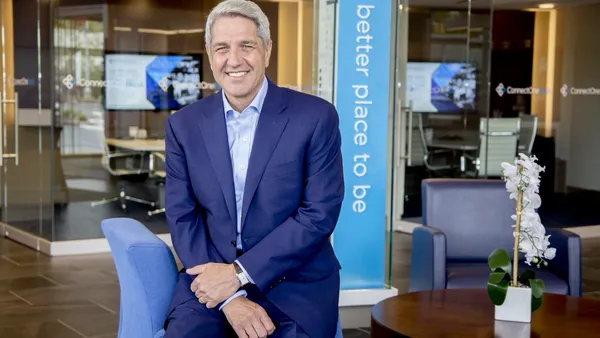Dive Brief:
- Wells Fargo named Amy Bonitatibus as the bank’s chief communications and brand officer effective Sept. 12, according to a press release Tuesday.
- Bonitatibus had been serving as chief communications officer in JPMorgan Chase’s retail arm.
- Bonitatibus will succeed Barri Rafferty, who left Wells Fargo on May 1 after nearly two years with the bank.
Dive Insight:
Bonitatibus has worked at JPMorgan Chase since 2012, and held numerous senior marketing and communications positions, including chief marketing officer for the home lending business and, most recently, as chief communications officer in the Wall Street giant’s retail banking arm, Chase.
Chase’s business saw record volume and brand consideration ratings during Bonitatibus’ tenure in that role, according to Tuesday’s press release.
Prior to joining JPMorgan Chase, Bonitatibus worked as a senior director at Fannie Mae. Before that, she was a deputy press secretary for former Sen. Hillary Clinton, D-NY.
In her new role, Bonitatibus will report to Bill Daley, Wells Fargo’s vice chair of public affairs.
“Amy brings a wealth of experience in financial services managing a large-scale communications organization as well as deep expertise in brand management,” Daley said in a statement. “We look forward to having her join the company in the fall to lead this important function within our Public Affairs team.”
Wells Fargo last year retired its chief marketing officer role, and has opted to assign marketing leads to each of its divisions rather than assign one team to oversee marketing across the entire company.
Bonitatibus will begin managing Wells Fargo’s brand as the bank faces some adverse publicity.
Sen. Sherrod Brown, D-OH, chair of the Senate Banking Committee, wrote a letter to Wells Fargo CEO Charlie Scharf in May, and called the bank out over reports of racial disparities in mortgage lending, fake job interviews for nonwhite and female candidates and anti-money laundering concerns.
Wells Fargo this week paused its 2020 “diverse slate” hiring policy that required at least half of candidates interviewed for positions paying $100,000 or more a year to be women, nonwhite or otherwise disadvantaged.















